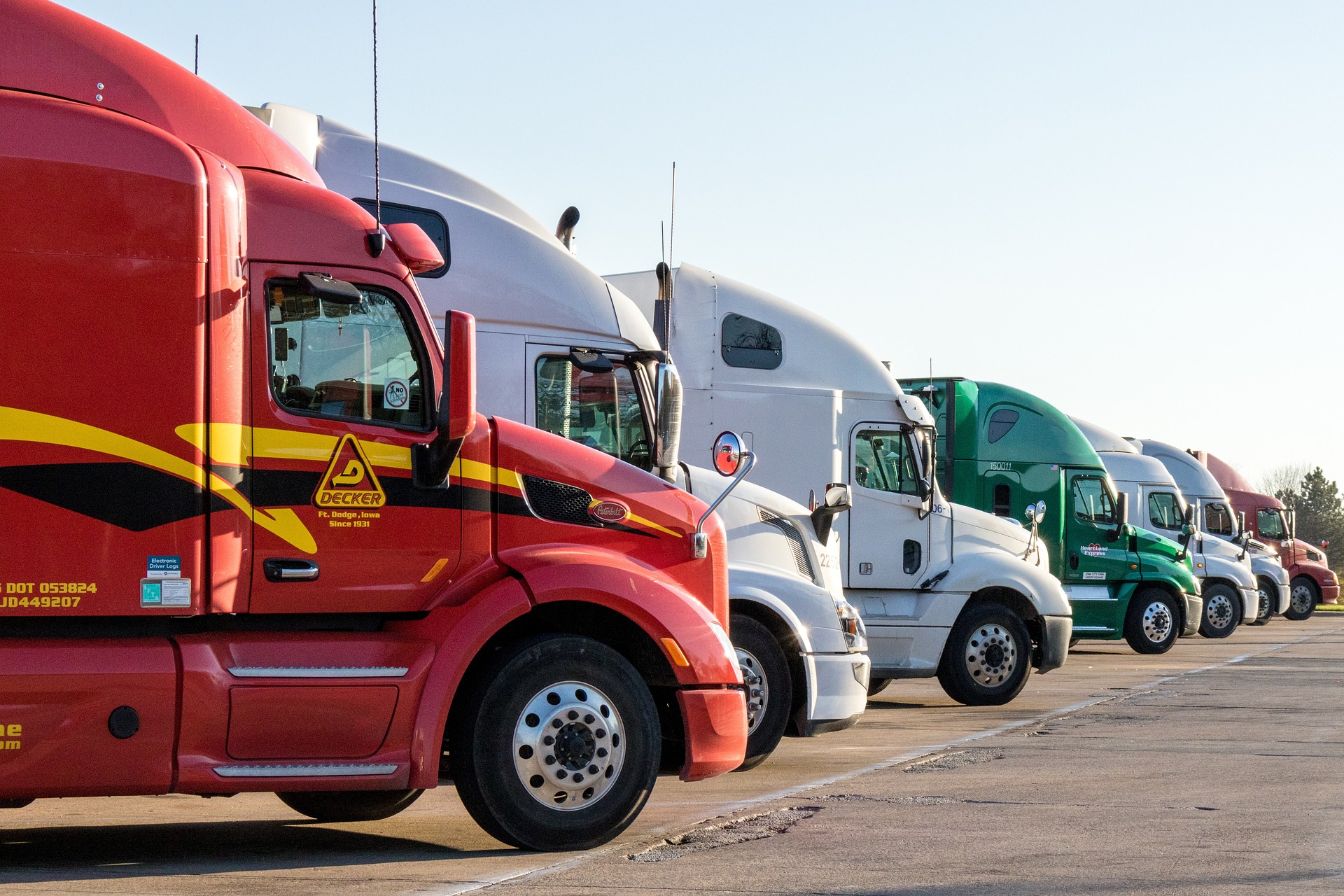Explore Hyundai’s New H350 Model: A Benchmark in the Commercial Van Segment
Hyundai’s new H350 model enters the commercial van market with a design focused on practicality and performance. This article explores why the Hyundai H350 is seen as a benchmark in its segment highlighting features that matter most to businesses and fleet operators.

What Makes the Hyundai H350 Notable in Commercial Van Markets
The Hyundai H350 distinguishes itself through a combination of payload capacity, fuel efficiency, and warranty coverage that appeals to cost-conscious fleet managers. Built on a robust platform, the H350 offers a gross vehicle weight rating that accommodates substantial cargo loads while maintaining maneuverability in urban environments. The vehicle’s design philosophy emphasizes durability and low operating costs, two critical factors for commercial applications.
Hyundai’s approach to the H350 development focused on addressing common pain points experienced by commercial van operators, including maintenance accessibility, driver comfort during long shifts, and cargo organization flexibility. These considerations resulted in features like easily accessible service points and ergonomic cab design that reduce driver fatigue.
Design and Performance Characteristics of the H350
The H350’s exterior design prioritizes functionality over aesthetics, featuring a high roofline that maximizes internal cargo volume and wide rear doors for efficient loading and unloading. The van’s wheelbase configuration provides stability during highway driving while maintaining adequate turning radius for city navigation.
Under the hood, the H350 typically features a turbodiesel engine designed for commercial duty cycles. This powerplant delivers adequate torque for loaded driving conditions while achieving fuel economy figures that help control operational expenses. The transmission options include manual and automatic variants, allowing fleet managers to specify configurations based on driver preferences and operational requirements.
The suspension system balances load-carrying capability with ride quality, utilizing components engineered for extended service life under commercial use conditions. Braking systems incorporate features designed for frequent stop-and-go driving patterns common in delivery applications.
Business and Fleet Operator Features
Commercial vehicle buyers prioritize different features compared to consumer vehicle purchasers, and the H350 addresses these specific needs through practical design choices. The cargo area configuration allows for various shelving and organization systems, enabling businesses to customize the interior layout for their specific applications.
Technology features in the H350 focus on fleet management and operational efficiency rather than entertainment systems. Available telematics capabilities allow fleet managers to monitor vehicle location, fuel consumption, and maintenance requirements remotely. These systems help optimize routing, reduce fuel costs, and schedule preventive maintenance more effectively.
Safety features include stability control systems, multiple airbags, and visibility enhancements designed for commercial driving scenarios. These features not only protect drivers but can also help reduce insurance costs and liability exposure for fleet operators.
H350 Position in the Commercial Van Marketplace
The commercial van segment includes competitors from established manufacturers like Ford, Mercedes-Benz, and Iveco. The H350 competes primarily on value proposition, offering comparable capabilities at competitive pricing with Hyundai’s comprehensive warranty coverage as a differentiating factor.
Compared to European competitors, the H350 often provides cost advantages in initial purchase price and parts availability. However, established competitors may offer advantages in dealer network coverage and specialized commercial vehicle services. The H350’s market position appeals particularly to smaller fleet operators and businesses entering commercial vehicle ownership for the first time.
Market analysts note that the H350’s success depends on Hyundai’s ability to establish commercial vehicle service networks and build relationships with fleet management companies. The brand’s growing presence in commercial markets reflects broader industry trends toward increased competition and customer choice.
Commercial Van Pricing Comparison
Understanding commercial van pricing helps businesses evaluate their transportation investments effectively. Pricing varies significantly based on configuration, optional equipment, and regional market conditions.
| Vehicle Model | Manufacturer | Base Price Range | Key Features |
|---|---|---|---|
| H350 | Hyundai | $35,000-$42,000 | 5-year warranty, competitive payload |
| Transit | Ford | $38,000-$45,000 | Extensive dealer network, multiple configurations |
| Sprinter | Mercedes-Benz | $42,000-$55,000 | Premium features, advanced safety systems |
| Daily | Iveco | $36,000-$48,000 | Heavy-duty options, European engineering |
Prices, rates, or cost estimates mentioned in this article are based on the latest available information but may change over time. Independent research is advised before making financial decisions.
Operational Considerations for Commercial Van Selection
Selecting appropriate commercial vehicles requires evaluating total cost of ownership beyond initial purchase price. Factors including fuel economy, maintenance costs, warranty coverage, and resale value significantly impact long-term operational expenses.
The H350’s warranty coverage provides advantages for businesses concerned about unexpected repair costs during the critical early years of vehicle operation. However, buyers should also consider local service availability and parts supply chains when making purchasing decisions.
Fleet operators often benefit from establishing relationships with dealers who specialize in commercial vehicle sales and service. These relationships can provide access to fleet pricing, specialized financing options, and priority service scheduling that helps minimize vehicle downtime.
The commercial van market continues evolving with new technologies and changing business needs. Electric and hybrid commercial vehicles represent emerging alternatives, though traditional diesel-powered vans like the H350 remain practical choices for many applications due to their proven reliability and established support infrastructure.




